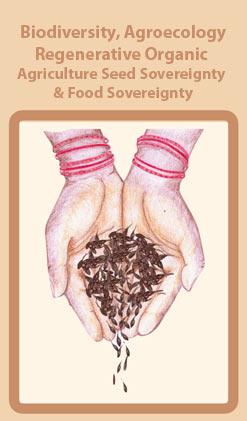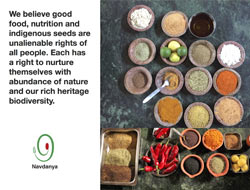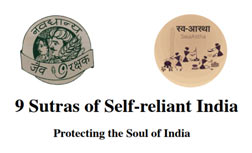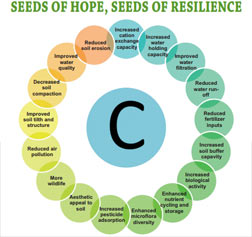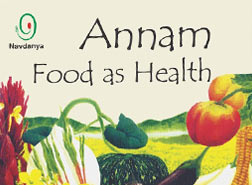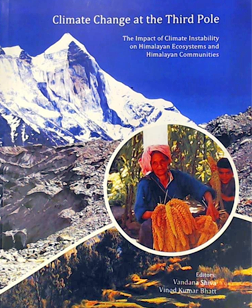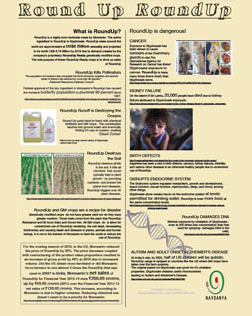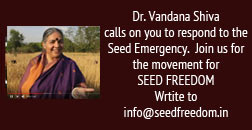India is the home of oilseed diversity — coconut, groundnut, linseed, niger, mustard, rapeseed, safflower and sesame. Our food culture have evolved with our biodiversity of oilseeds. Sarson is called sarsapa and rajika in Sanskrit. Diverse varieties of sarson are grown and used in India, including Krsna Sarsapa (Banarsi Rai), Sita Sarsapa (Peela Sarson), Rakta Sarsapa (Brown Sarson), Toria and Taramira. On August 27, 1998, the Indian government, reacting to the tragedy of adulteration of mustard oil in Delhi with argemone, diesel and waste oil, announced a policy of free import of soybean, while simultaneously banning sale of mustard oil. While it was referred to as the “dropsy epidemic”, our visits to hospitals revealed multiple symptoms because of the multiple sources of adulteration. The interesting thing about the mustard tragedy was that all brands were affected, but only in Delhi. A typical adulteration is in one brand, across the supply chain.


